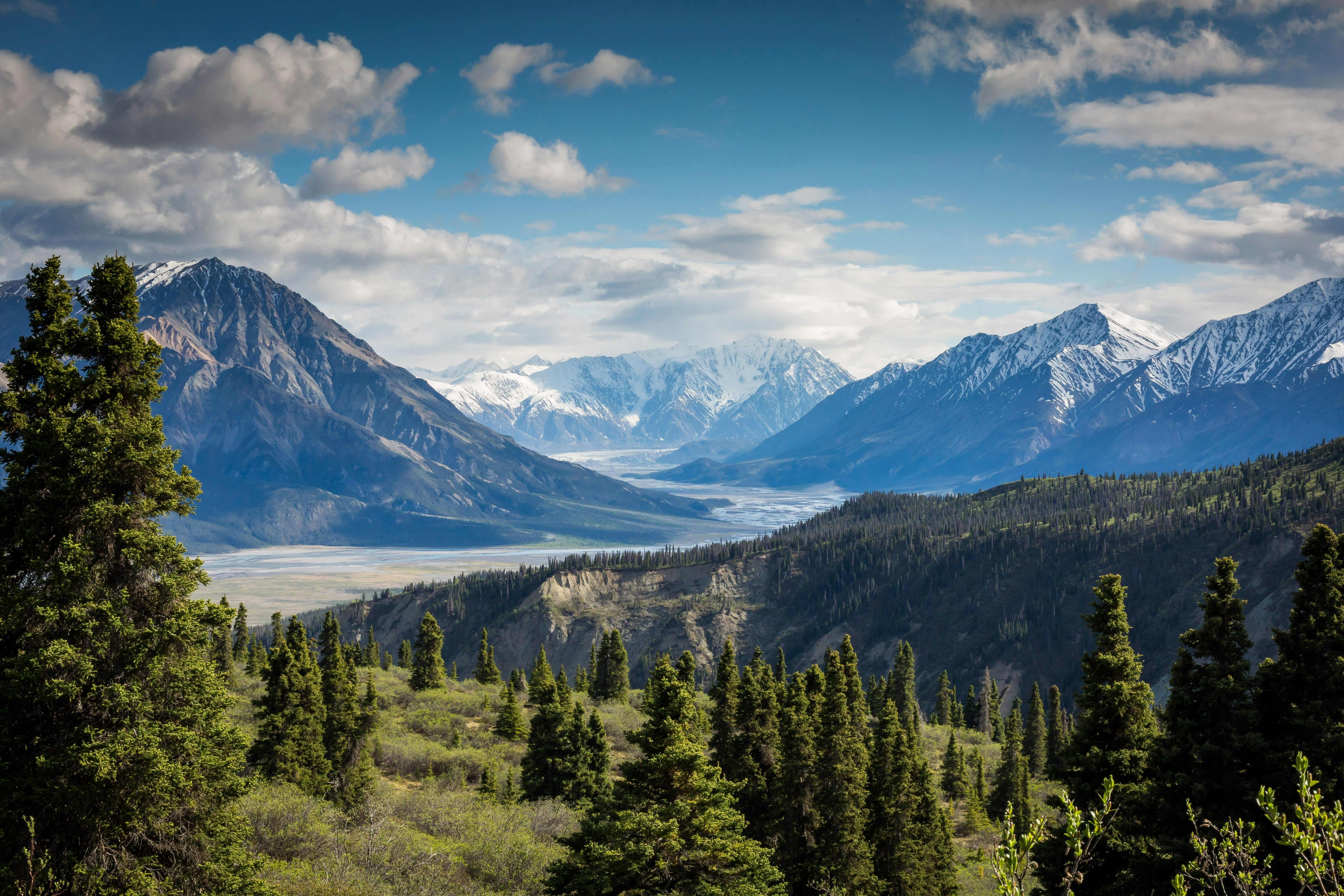The Powerhouse Behind Romania: Understanding the Role of the President
powers and responsibilities of Romania's president: succinct overview
As the excitement builds for Romania's upcoming election cycle, it's crucial to grasp the essence of the president's position. Wielding influence over foreign policy, national security, and more, the head of state is at the heart of shaping the nation's course. Here's a simplified guide to the Romanian president's main roles and responsibilities.
Roles and Term
At the core, the president spokes for the state, ensures the government functions smoothly, and serves as a liaison between the powers that be, all according to the Constitution. The president can issue decrees, but these must be published in the Official Gazette, and in some cases, they require the prime minister's countersignature.
Running for office every five years, the president can serve a maximum of two consecutive terms. If the president cannot complete their term due to resignation, death, or incapacity, a new election must take place within three months. Extraordinary circumstances, such as war or election cancellation, may justify an extended term. In office, the president must remain politically neutral and avoid holding any public or private position.
Domestic Policy
Shaping Romania's domestic policy is no small feat for the president. The primary avenue for doing so is through involvement in government appointments and oversight. They appoint a candidate for prime minister—the parliament votes to confirm this choice—and has the power to dismiss and replace government members at the prime minister's suggestion.
While the president cannot dismiss the prime minister, they can appoint an acting prime minister if the current PM is unable to perform their duties. The president also consults with the government on urgent national matters and participates in key meetings.
The president has the final say on law promulgation, a role significant enough to summon a referendum if necessary. They can dissolve parliament if no government is formed within 60 days of the first attempt and after two failed votes of confidence during their term, excluding the last six months or a state of emergency.
Foreign Policy
The president is Romania's international face, working closely with the government to negotiate and ratify treaties, ensuring that these agreements align with national interests and receive parliamentary approval. The president also oversees diplomatic relations by authorizing and recalling envoys and making changes to the status or closure of diplomatic missions abroad.
Defense and National Security
As the Commander-in-Chief of the Armed Forces, the president leads Romania's defense strategy and security by presiding over the Supreme Council of National Defense (CSAT). The president can declare partial or full mobilization of the Armed Forces, albeit with parliamentary approval under specific circumstances.
In the face of armed aggression, the president takes immediate action to safeguard the country, updating parliament through a formal message. The president may also institute a state of siege or state of emergency in Romania or specific regions, subject to parliamentary approval.
Other Powers
Beyond the major responsibilities listed above, the president can confer decorations and titles of honor, promote high-ranking military personnel, and grant individual pardons when deemed appropriate.
Recent Developments
Recent actions by the Romanian Constitutional Court have shaped the legal and political landscape in which the president operates. For example, banning certain candidates from running and affirming EU and NATO membership as central to Romania's democracy.
In Summary
The Romanian president is a leading figure, playing pivotal roles in domestic policy, foreign policy, national security, and more. Their position is influenced by constitutional and legal developments, adjusting their powers and responsibilities as needed in the face of shifting realities.
- In Romania's political landscape, the president, being a key player, wields significant influence over aspects such as foreign policy, national security, and domestic policy.
- The president's ability to dissolve the parliament is a crucial power, exercisable if no government is formed within 60 days of the first attempt and after two failed votes of confidence during their term, excluding the last six months or a state of emergency.
- In terms of policy and legislation, the president has the final say on law promulgation, a role significant enough to summon a referendum if necessary.
- In the realm of general news, recent actions by the Romanian Constitutional Court have shaped the legal and political landscape in which the president operates, impacting aspects like eligibility for presidency and the country's commitment to EU and NATO membership.





